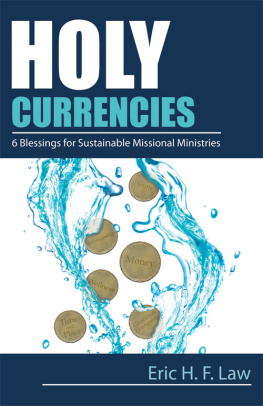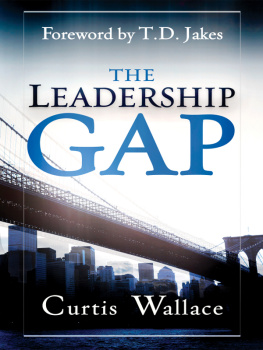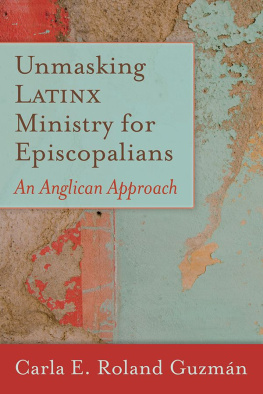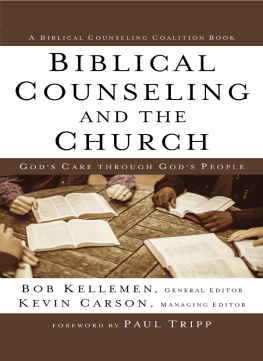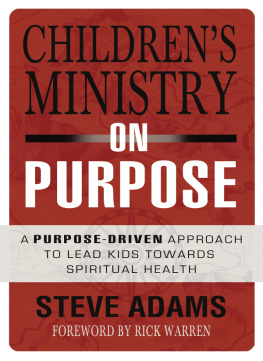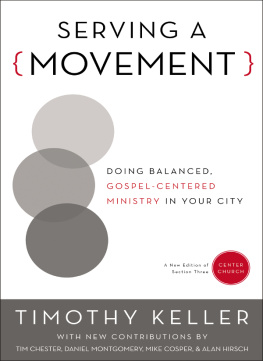HOLY
CURRENCIES
Other Books by Eric H.F. Law
The Wolf Shall Dwell with the Lamb:
A Spirituality for Leadership in a Multicultural Community
The Bush Was Blazing but Not Consumed
Inclusion: Making Room for Grace
Sacred Acts, Holy Change:
Faithful Diversity and Practical Transformation
Finding Intimacy in a World of Fear
HOLY
CURRENCIES
6 Blessings for Sustainable Missional Ministries
by Eric H.F. Law

Copyright 2013 by Eric H. F. Law
All rights reserved. For permission to reuse content, please contact Copyright Clearance Center, 222 Rosewood Drive, Danvers, MA 01923, (978) 750-8400, www.copyright.com.
Bible quotations, unless otherwise marked, are from the New Revised Standard Version Bible, copyright 1989, Division of Christian Education of the National Council of the Churches of Christ in the United States of America. Used by permission. All rights reserved.
Scripture quotations marked NIV are taken from the HOLY BIBLE, NEW INTERNATIONAL VERSION. NIV. Copyright 1973, 1978, 1984 by International Bible Society. Used by permission of Zondervan Publishing House. All rights reserved.
Cover image: File licensed by www.depositphotos.com/daksel
Cover design: Scribe Inc.
Interior design: Hui-Chu Wang
www.chalicepress.com
Print: 9780827214927 EPUB: 9780827214934 EPDF: 9780827214941
10 9 8 7 6 5 4 3 2 1 13 14 15 16 17
Cataloging in Publication Data from the Library of Congress
available upon request.
Printed in the United States of America
Dedications:
In memory of my mother, Law Tam Un-Oi, who taught me to live the Cycle of Blessings from the day I was born.
For Ellio Chiho Law, my godson and grandnephew, and Claire Miranda Dawes, my grandniece; may you continue the blessings that flow from your great-grandmother.
Contents
Acknowledgments
The year 2012 has been an extremely busy one, and finding time to write this book has been challenging. Many ideas in this book emerged from the weekly discipline of writing for my blog: The Sustainist- Spirituality for Sustainable Communities in a Networked World. I want to thank my loyal readers for their encouragements and feedback.
My journey to accessing Holy Currencies in concrete and conscious ways began with the founding of the Kaleidoscope Institute in 2006. I am extremely grateful to Bishop Jon Bruno, who said yes to this entrepreneurial ministry idea and Bishop Chet Talton who accepted the invitation to be the first president of the board of directors. Subsequently, I give thanks to Bishop Diane Jardine Bruce, the second president of the board, who has been a fervent advocate, sharing her currency of relationship in support of the Institute.
I am grateful to colleagues who consistently gave me feedback on the Holy Currencies in the last two years: Lucky Lynch, Bill Cruse, Mark Smutny, Leroy Chambliss, Stacy Kitahata, Kristina Gonzalez, Marcia Patton, Patricia Millard, Denise Trevino, Linda Young, Dan Valdez, Anita Hendrix, Nedi Rivera, Randy Stearns, Bill Stanley, Michael Cunningham, and Deborah Dunn. I thank Mimi Grant and Bob Kelley for being promoters and supporters of Holy Currencies and for challenging me to take these ideas further out into the world.
I especially want to thank the individuals and church teams that came to the Holy Currencies workshops in the last years the sixteen church teams from the Episcopal Diocese of Pennsylvania, the good people from the Riverside Presbytery, the leaders of the Episcopal Diocese of Eastern Oregon, the participants of the first Holy Currencies training in Trinity Conference Center in Connecticut, and the participants of the Winter and Summer Kaleidoscope Institutes in Los Angeles.
I am appreciative of Desiree Glover, the Kaleidoscope Institute administrator, for keeping the institute running while I was preoccupied in writing this book. I thank Kent Steinbrenner and Bill Cruse for their insightful feedbacks and proofreading skill. I especially want to thank Kent Steinbrenner for designing the Holy Currencies and Cycle of Blessings graphic used in this book and in all my workshop promotional materials. I am grateful to Steve Rutberg for his understanding during the stressful time when I struggled to write this book last year.
Finally, as we come upon the twentieth anniversary of the publication of my first book, The Wolf Shall Dwell with the Lamb, I want to give thanks to Chalice Press for this long, mutually respectful, and beneficial relationship and especially for having faith in my work from the beginning.
Introduction
During the 2009 Convention of the Episcopal Diocese of Los Angeles, I surveyed thirty-seven congregations. Over half of the congregations struggled with concerns around money. The U.S. economy in previous years obviously had negatively impacted local churches, which depend primarily on giving from members. Also, over the previous two years, the speakers at diocesan conventions and clergy conferences all focused on missional ministry, Emergent Church and Fresh Expressions. It is no accident that over half of the church leaders surveyed also expressed concerns about how they could move their churches toward becoming missional. The result of the survey started me on a journey in search of resources to empower local churches to become both sustainable and missional.
A missional church is a community of people who look outward and are able to connect with others who are not already members of any church organization. Reggie McNeal, in his book Missonal Renaissance, described three shifts that need to happen for churches to be missional.
1. From an internal to an external focus
2. From program development to people development
3. From church-based to kingdom-based leadership
The Emergent or Emerging Church movement in the United States and Fresh Expressions in the U.K. and New Zealand both advocate for a church to be more relational, authentic, and able to share authority in order to reach the so-called emerging generation. Based on my research and learning from these resources, I had already designed a program called Missional Ministry in the Grace Margin, which engages local congregation members in faithful conversation, fostering missional thinking and actions. So I was confident that I could provide resources in the missional part of this exploration.
However, when it comes to money, I was at a loss. If I were to find or create resources that assist our local congregations to address money issues, where would I begin? I am not an economist. I am not an accountant. I am not a businessman. I am not a stewardship officer of any church. What authority do I have to even begin to address concerns between money and church?
After I got over my sense of inadequacy on this whole topic, I was determined to begin like I always begin any ministry projectby listening. So, I listened to the good folks of our church communities in different denominations, and consistently I heard the word sustainability. How can we make our ministry sustainable? The issues or problems were described variously as, Where do we find the money to finance our ministries? or, How can we raise the money to start a needed ministry? The worst situations had to do with closing of an existing ministry or letting go of personnel because of the lack of funds. Obviously, these expressions were not that of a missional church. I discovered that people who spoke about being missional tended not to talk about sustainability, and those who spoke about sustainability, often focusing on money as the only currency, tended not to talk about being missional.

